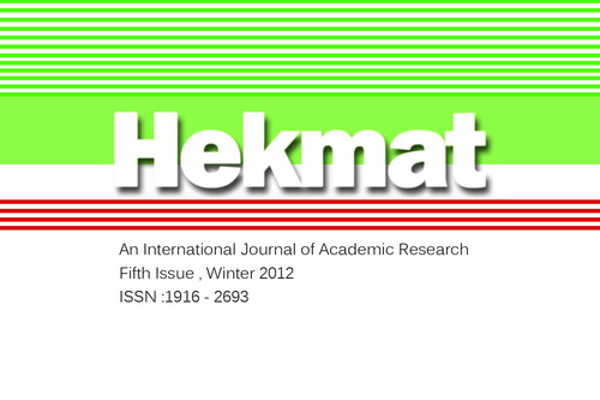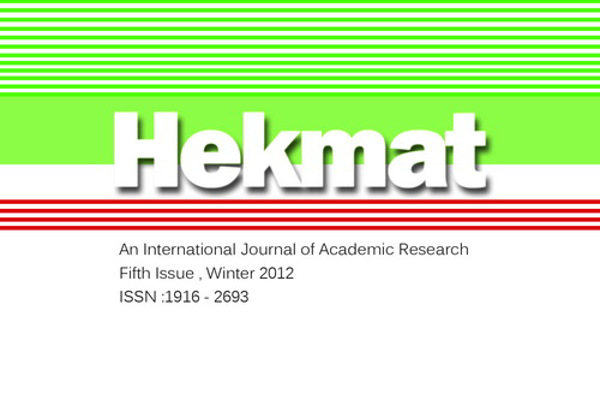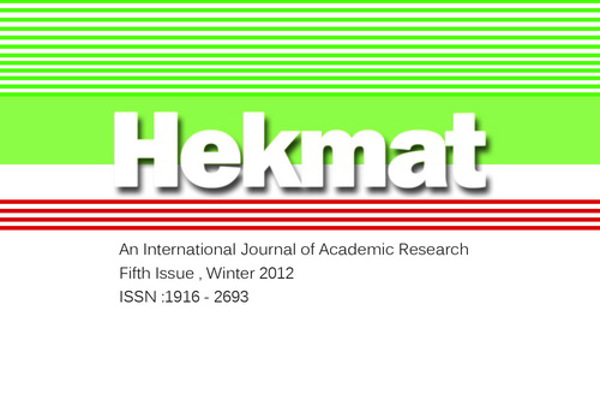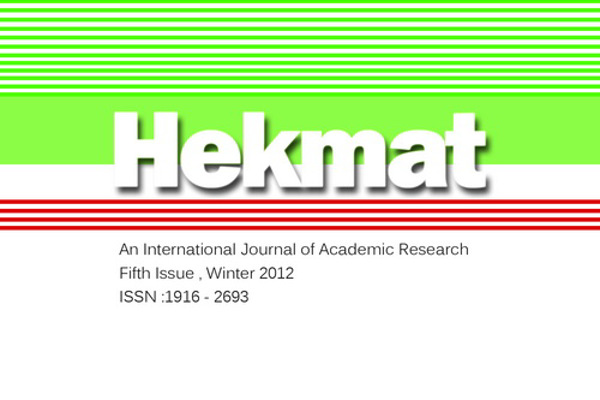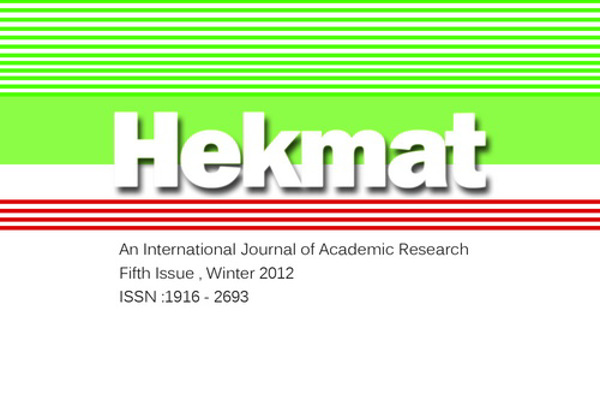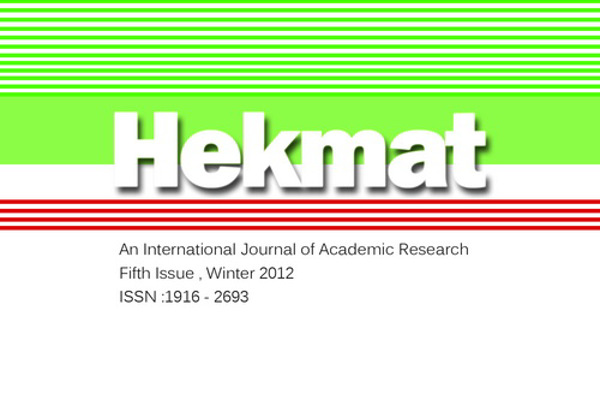Preventing and Responding to Anti-Muslim Hate Crimes1 / By: (Warsaw, 5 October 2009)
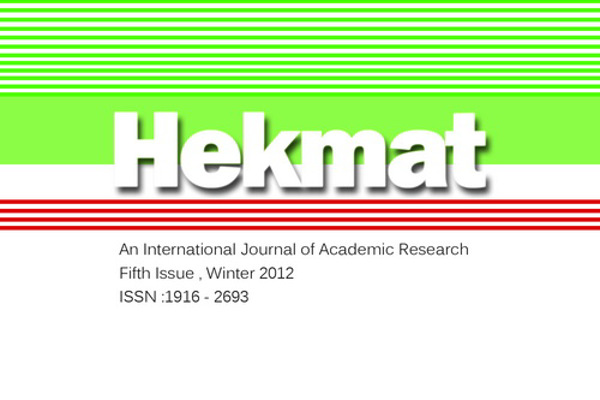
Preventing and Responding
to Anti-Muslim Hate Crimes[1]
(Warsaw, 5 October 2009)
Roundtable organized by COJEP International, within the context of OSCE Human Dimension Implementation Meeting (HDIM)
(Keynote Speech by Ambassador (R) Ömür Orhun, Adviser and Special Envoy of the Organization of Islamic Conference – OIC)
Introduction
“Hate” and “hate crime” are terms that we use very often. But what does “hate” mean; what is the definition of “hate crimes”?
What are the issues facing the general public, the politicians and the law makers, the law enforcement agencies, the media and the civil society? Why we witness, much to our regret, a proliferation of hate crimes, especially violent ones?
I can not satisfactorily answer all these questions; but at the outset let me express my deep appreciation to COJEP International for organizing this roundtable. I am confident you will come up with valuable suggestions on dealing with the important issues under discussion.
COJEP had organized a similar meeting in July 2007 in Strasbourg at the Council of Europe on “Incitement to Racial and Religious Hatred and Islamophobia”.
With your indulgence, I want to repeat a short section of my remarks at that meeting: “Hate is a strong term, which goes beyond prejudice, dislike, contempt, ridicule or anger. To stir up hatred, words, behaviour or material used must be threatening, abusive or insulting. Various manifestations of hate continue to impose a threat also to the security and stability in the Euro-Atlantic region. Every year, thousands of persons or their property become victims of hate-motivated incidents and crimes. It is well known that the impact of these crimes is always broader than the actual victim or the damaged property. By their nature, hate crimes are committed not only against their immediate victims, but against the entire community to which the victims belong.”
Unfortunately, not much has changed since then.
Academicians have defined hate as intense feelings of dislike of a person or group; urge to withdraw from it; or wish to harm or even annihilate it.
Hate crime, or bias-motivated crime, on the other hand, comes into being when a victim, a person or a group, is targeted because of its belonging to a certain race, religion, ethnicity, nationality, gender or social group.
In other words, it is a criminal act motivated by hatred. It may involve physical assault or damage, bullying, harassment, verbal or written abuse and insult.
Hate speech, on the other hand, attacks or disparages a person or a group based on their social, racial, religious or ethnic affiliation. Hate speech is also a display of prejudice. It furthermore involves exclusion and rejection.
Hate crimes are message crimes. They are somewhat different from other crimes, in that the offender is sending a message to members of a certain group that they are not welcome, that they are vulnerable and that they are at risk. Furthermore, hate crimes have rather serious psychological effects.
Hate, hate motivated crimes and violent manifestations of intolerance against Muslims
Muslims and Muslim communities are, unfortunately, among the priority targets of hate crimes.
Hate crimes against Muslims involve violent expression of prejudice that may take the form of assault, murder and threats, or property damage such as arson, desecration, or vandalism.
Responding to hate crimes against Muslims is problematic for a number of reasons. To begin with, most states lack accurate data about the nature and extent of such offences, which means that law enforcement and criminal justice agencies are not armed with the information needed to combat them. This is often compounded by absence of legislation on hate crimes specifically based on religious affiliation, making it difficult to prosecute such cases.
As documented by international organizations, intolerance and violent manifestations of hatred against Muslims and persons perceived to be Muslim are on the rise in many countries, especially in the West. In this context, schools are increasingly becoming sites of racist and xenophobic attacks. Teachers are rarely prepared for the challenges posed by increasingly diverse societies; they lack the time and training and often cannot draw on any material when trying to promote tolerance and mutual respect. As a consequence, pupils may not get the opportunity to relate their own experience of discrimination to that of others, to understand how prejudice functions and to appreciate cultural differences.
Just how widespread is the problem of discrimination against Muslims? How frequently are such hate crimes committed? Where do they occur, and who are the victims? What steps are being taken by law enforcement agencies and by governments?
Answers to such basic questions are needed before anyone can make a serious effort to combat hate in all its manifestations. For that reason, one of the most important aspects of the work in this field is related to collecting relevant information, including statistics from governmental departments and police agencies, as well as examples of good practices from a wide variety of sources, including governmental and non-governmental organizations. In that respect, I would like to specifically commend the work and various reports of the ODIHR on hate crimes. They mark a welcome effort to provide a general overview of hate-motivated crimes and incidents.
The collection and analysis of such information will also allow relevant agencies to identify where there are gaps in the implementation of national and international commitments related to combating discrimination.
Here I would like to underline that the OIC stands ready to continue to cooperate with the ODIHR in this respect also. In this connection, let me draw your attention to the work of the OIC Islamophobia Observatory, which produces monthly bulletins on anti-Muslim incidents, as well as annual reports on Islamophobia.
How to deal with hate crimes?
First of all, all countries, especially those in Western Europe and Northern America must recognize the problem and be ready and willing to adopt a multifaceted approach.
Secondly, they must devise a sound strategy in the fight against discrimination and hate crimes.
Thirdly, they must define hate crimes broadly and address the information deficit. That is to say, they must collect, analyze and disseminate information related to hate crimes.
Fourth, they must enact adequate legislation and implement this legislation effectively. In conjunction with national legislation, they should also implement international commitments and agreed norms.
Fifth, clear criteria for reporting and registering of hate crimes must be established and reporting of hate crimes must be encouraged.
Sixth, they should assist in building the capacity of Muslim communities and civil society organizations and try to enable them to work with local and national authorities. In this respect, community outreach programs will be of great value in confidence building.
Another point that deserves utmost importance is education. Especially younger generations should be provided with educational programs that would foster tolerance, understanding and respect to “the other”. Related to the general topic of education is of course training of law enforcement officials.
[1]. OIC Official Electronic Site.


